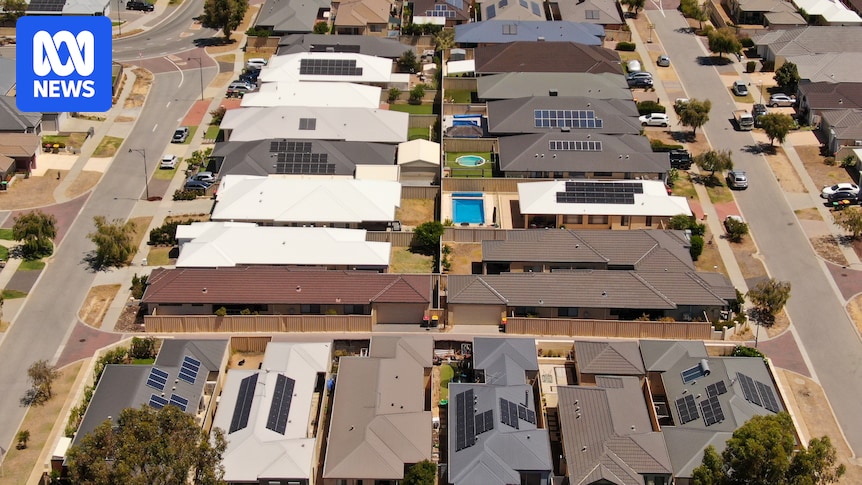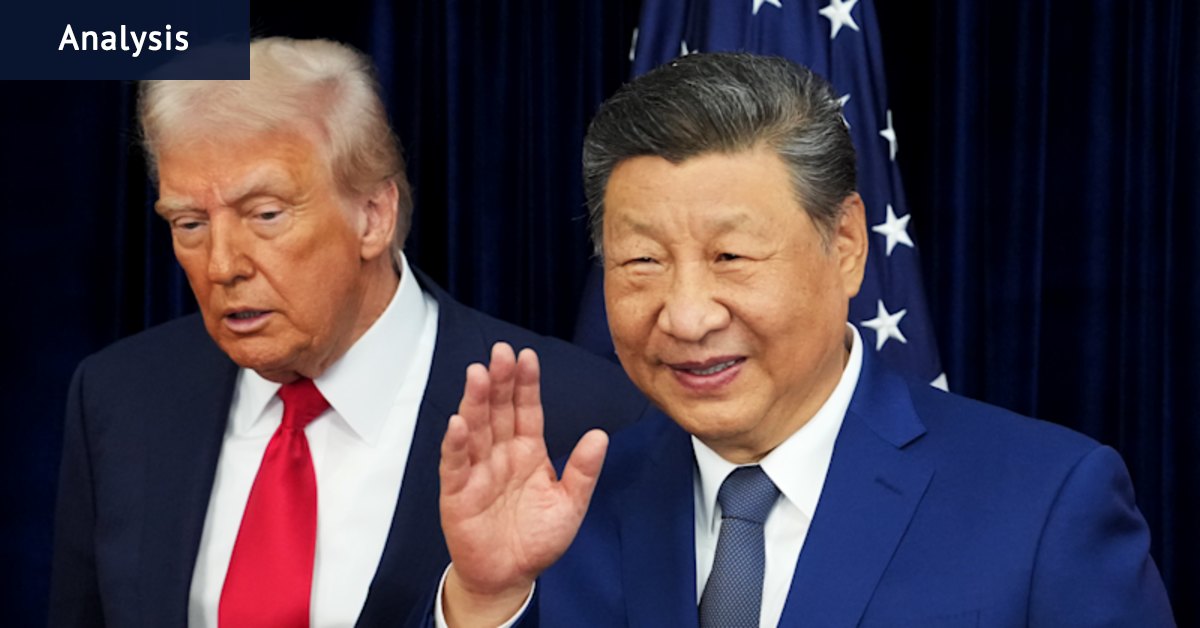
MELBOURNE, Australia — In a significant development under Australia’s foreign interference laws, a Chinese citizen has been charged with covertly collecting information about an Australian Buddhist association. The charges were announced on Monday by the Australian Federal Police.
The woman, an Australian permanent resident residing in Canberra, becomes only the third individual charged since the laws were enacted in 2018. Notably, she is the first to be accused of targeting the general population, according to Australian Federal Police Assistant Commissioner Stephen Nutt.
Details of the Allegations
The accused appeared in a Canberra court, facing charges of covertly gathering intelligence on a local branch of the Guan Yin Citta Buddhist association for China’s Public Security Bureau. The association is banned in China, but police have not disclosed her specific objectives.
Assistant Commissioner Nutt emphasized the gravity of the charges, stating, “We allege the activity was to support intelligence objectives of China’s Public Security Bureau. This is the first time the AFP has charged a person with foreign interference that allegedly involves targeting members of the Australian community.”
“Foreign interference is a serious crime that undermines democracy and social cohesion,” Nutt added. “It involves covert and deceptive conduct or threats of serious harm or menacing demands.”
China’s Response and Legal Proceedings
China’s Foreign Ministry responded on Tuesday, stating that it was unaware of the case specifics but reiterated that, “we never interfere in the internal affairs of other countries.” The Ministry assured that it would closely monitor the situation to protect its citizens’ rights and interests.
The woman, arrested at her Canberra home on Saturday, is currently unnamed due to a court order. She remains in custody and faces a potential maximum sentence of 15 years if convicted. Her case marks a notable instance as she is the first foreign national charged under these sweeping laws, which initially strained Australia-China relations when proposed in 2017.
Historical Context and Previous Cases
The foreign interference laws were a response to growing concerns about external influences on Australian politics and society. The legislation has been contentious, causing diplomatic tensions, particularly with China, a major trading partner.
In a related case, Vietnam-born Melbourne businessman Di Sanh Duong was sentenced to nearly three years in prison last year for attempting to influence a former federal government minister on behalf of China. Similarly, Sydney businessman Alexander Csergo was charged with foreign interference for allegedly receiving payments for information from suspected Chinese spies. Csergo has pleaded not guilty.
Security Implications and Political Context
Mike Burgess, director-general of the Australian Security Intelligence Organization, highlighted the significance of the latest arrest, stating, “Foreign interference of the kind alleged is an appalling assault on Australian values, freedoms, and sovereignty.”
The charge surfaces as Prime Minister Anthony Albanese seeks to repair bilateral relations with China, which had deteriorated under the previous Australian administration. The tensions were partly due to the introduction of foreign interference laws, among other issues.
Prime Minister Albanese recently visited Beijing to meet with Chinese President Xi Jinping, marking his fourth visit since taking office in 2022. The diplomatic efforts aim to stabilize and strengthen ties between the two nations amid ongoing geopolitical challenges.
Associated Press writer Ken Moritsugu in Beijing contributed to this report.






